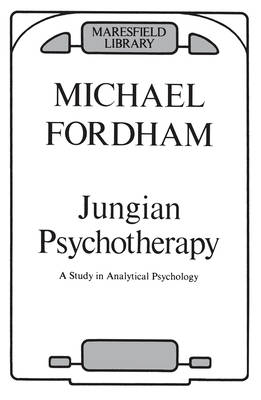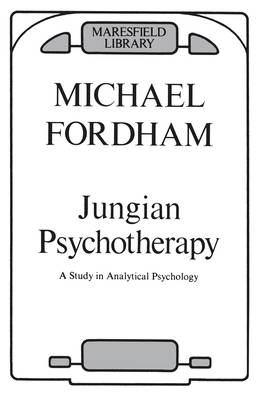
- Afhalen na 1 uur in een winkel met voorraad
- Gratis thuislevering in België vanaf € 30
- Ruim aanbod met 7 miljoen producten
- Afhalen na 1 uur in een winkel met voorraad
- Gratis thuislevering in België vanaf € 30
- Ruim aanbod met 7 miljoen producten
Zoeken
Omschrijving
This book contains an exposition of therapeutic methods used by analytical psychologists. It is based on Jung's own investigations and includes developments in his ideas and practices that others have initiated. 'Jung held that his work was scientific in that he had discovered an objective field of enquiry. When applying this assertion to analytical psychotherapy one must make it quite clear that, unlike what happens in other sciences, the personality of the therapist enters into the procedures adopted in a way uncharacteristic of experimental method. In the natural sciences study is different in kind and the investigator's personality is significant only in his capacity to be a scientist. By contrast, in analytical therapy the personal influence of the analyst pervades his work and furthermore extends to generations of psychotherapists; the way the author conducts psychotherapy is inevitably influenced having known Jung, having developed a personal loyalty to him and by being treated by three therapists who came under his influence.
Specificaties
Betrokkenen
- Auteur(s):
- Uitgeverij:
Inhoud
- Aantal bladzijden:
- 192
- Taal:
- Engels
- Reeks:
Eigenschappen
- Productcode (EAN):
- 9780367099510
- Verschijningsdatum:
- 14/06/2019
- Uitvoering:
- Hardcover
- Formaat:
- Genaaid
- Afmetingen:
- 152 mm x 229 mm
- Gewicht:
- 519 g

Alleen bij Standaard Boekhandel
+ 351 punten op je klantenkaart van Standaard Boekhandel
Beoordelingen
We publiceren alleen reviews die voldoen aan de voorwaarden voor reviews. Bekijk onze voorwaarden voor reviews.











